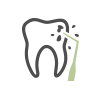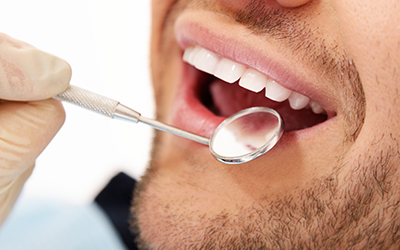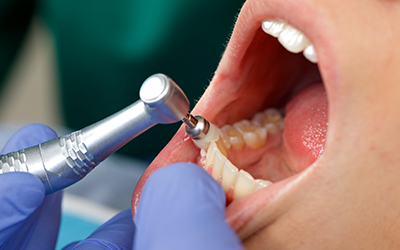At Meadows Family Dentistry in Castle Rock, we understand that children have unique dental care needs. From baby teeth to braces, our focus on family dental care ensures that your child’s oral health is nurtured every step of the way. With a commitment to comfort dentistry, we aim to make each visit enjoyable, educational, and stress-free for both children and parents.
Why Early Dental Care is Essential
Good oral health begins early. Primary (baby) teeth not only help children develop proper chewing and speech habits, but they also play a crucial role in guiding the eruption of permanent teeth. Parents often ask, “Why worry about teeth that will fall out?” The answer is simple: Healthy primary teeth set the foundation for a lifetime of strong, beautiful smiles.
Benefits of Healthy Primary Teeth:
- Speech Development: Properly aligned baby teeth support clear pronunciation.
- Eating and Nutrition: Healthy teeth allow children to chew effectively, promoting balanced nutrition.
- Self-Esteem: A confident smile boosts a child’s self-image.
Our family dentistry team emphasizes the importance of preventive care and early intervention to protect your child’s smile.
It’s natural for children to feel apprehensive about dental visits. At Meadows Family Dentistry, we work closely with parents to ensure each visit is positive and engaging. From the moment you enter our dentist office near you, we focus on creating a welcoming environment for kids.
How We Make a Difference:
- Comfort Dentistry: Gentle techniques and a kid-friendly approach ease dental anxiety.
- Interactive Education: Teaching kids about oral health in a fun and age-appropriate way.
- Parent Partnership: We collaborate with parents to reinforce good habits at home.
Our goal is to help children associate dental visits with positive experiences, laying the groundwork for a lifetime of regular care.
Fluoride plays a vital role in strengthening teeth and preventing cavities. Our team recommends using a pea-sized amount of fluoride toothpaste for children and monitoring brushing habits until around age 8.
For families with non-fluoridated water sources or children prone to cavities, additional fluoride options include:
- Fluoride varnishes during routine visits.
- Prescription-strength fluoride toothpaste for teens with a history of decay.
If you have questions about fluoride’s role in children’s oral health, our team is here to help.
Diet plays a significant role in cavity prevention. Parents can protect their child’s teeth by limiting sugary snacks and beverages like juice and soda. Establishing healthy eating habits early can significantly reduce the risk of decay and support long-term oral health.
Tips for a Healthy Smile:
- Replace sugary drinks with water.
- Offer fruits and vegetables as snacks.
- Avoid putting babies to bed with a bottle of milk or juice.
Our family dentistry team can provide personalized dietary recommendations to keep your child’s smile healthy.
Routine dental cleanings and exams are essential for monitoring your child’s oral health. We recommend visiting our kids dentist in Castle Rock every six months to:
- Remove plaque and tartar buildup.
- Catch potential issues, like cavities, early.
- Reinforce proper brushing and flossing techniques.
By combining regular professional care with good home hygiene, you can help your child’s teeth last a lifetime.
At Meadows Family Dentistry, we believe that parents play a crucial role in their child’s oral health journey. By teaching proper brushing and flossing techniques, encouraging healthy eating habits, and attending regular check-ups, parents help establish a strong foundation for lifelong dental health.
Schedule Your Child’s Appointment Today
Give your child the gift of a healthy, confident smile. With our focus on comfort dentistry, family dental care, and preventive treatments, Meadows Family Dentistry is the trusted choice for families seeking a dentist office near you in Castle Rock. Contact us today to schedule your child’s next visit!

















 (303) 660-5576
(303) 660-5576 smile@meadowsfamilydentistry.com
smile@meadowsfamilydentistry.com 3740 Dacoro Lane, Suite #115
3740 Dacoro Lane, Suite #115